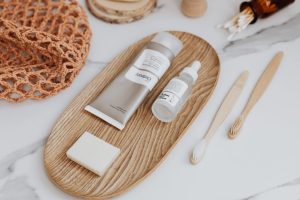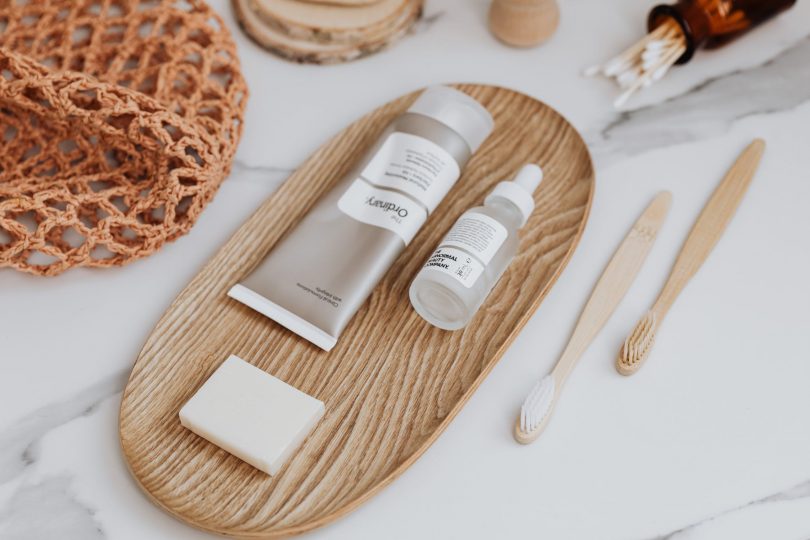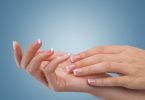Applying pressure to your eardrum can push wax deeper into the ear canal and even cause ear pain. A clinical assistant professor at Michigan Medicine, David Stutz, warns against using Q-tips, as they cause damage and other ear complications.
Earwax is a natural substance that helps to protect your ears, trap dirt and remove germs. It may seem gross, but it’s there for a reason. If you don’t remove it over time, it can get clogged in your ear canal and cause pain, itching, or hearing loss. However, when removing ear wax, use the right tools when removing ear wax from your ears and practice maintaining good hearing habits.
Why You Should Never Use a Q-Tip to Clean Your Ears
Many people wonder, can Q-tips damage your hearing? Here are a few reasons why they can:
- Q-tips are too small and cause more damage than they prevent
- Q-tips can push earwax further into your ear canal, which can cause pain, infections, and even hearing loss if left untreated
- They can damage the skin of your ear canal and leave it susceptible to infection or irritation from other sources like soaps or makeup brushes
- Q-tips are made of cotton and polyester fibers, so they can’t be sterilized. When you stick one in your ear, those fibers will end up in your ear canal and could cause an infection or blockage.

What You Should Use Instead
Use the right tools for your health and hearing and learn how to clean your ears the right way.
Use a Soft Washcloth
Dip a soft washcloth into warm water and squeeze out excess liquid. Gently wipe around the outside of your ear canal without pushing into the opening. You don’t want to push any wax deeper into the canal. You can also use a cotton swab to clean only the outside of your ear, as using it inside can push the wax deeper.
Use an Ear Syringe
An ear syringe flushes water into the ear canal and then removes it by squirting. This helps loosen wax that may have built up inside the canal and makes it easier to come out on its own during bathing or showering.
Ear Drops
Ear drops are common treatments for excessive earwax buildup because they soften and loosen the hardened wax inside the ear canal before it’s removed by flushing with water or saline solution.
Visit a Specialist
If you have trouble removing earwax on your own, visit your doctor or an audiologist for help. They clean out your ears using an otoscope. If you cannot eliminate excess earwax, and it’s causing pressure in your ears, it could signify a more serious problem like impacted wax or swimmer’s ear.
Use a Peroxide Solution
This solution helps remove ear wax buildup and other debris from within your ear canal. It is one of the health benefits of hydrogen peroxide.
Use Olive Oil
This is a home remedy for cleaning your ears, and those with hearing loss should seek doctors’ advice before using it. Put two drops of olive oil in each ear and let it sit for about 15 minutes before flushing out with warm water. This solution helps soften wax buildup by making it more pliable to come out more easily when you flush.
The skin around your ears is delicate and should be treated with care. By not thoroughly cleaning your ears, you are allowing for the growth of bacteria, which can lead to infections and other complications. Always avoid using Q- tips to remove wax and use health measures instead.








